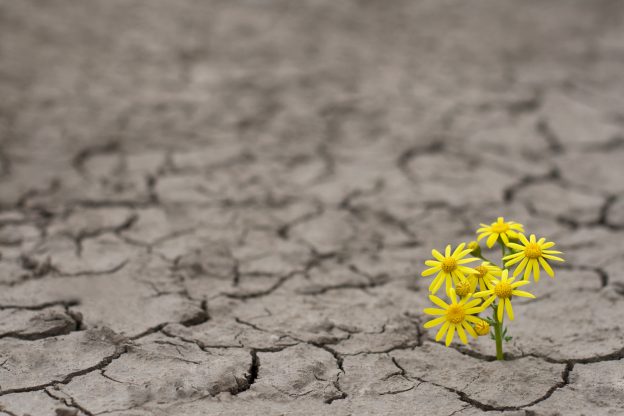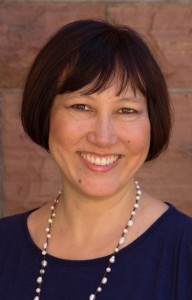
Parenting 
 For more from Marijke Jones, read Child Decoded: Unlocking Complex
Issues in Your Child's Learning, Behavior or Attention, co-authored
with Kim Gangwish and Robin E. McEvoy, PhD.
For more from Marijke Jones, read Child Decoded: Unlocking Complex
Issues in Your Child's Learning, Behavior or Attention, co-authored
with Kim Gangwish and Robin E. McEvoy, PhD.
Cultivating Emotional Resilience in Your Child with Special Needs
My son CJ graduated from college last December—not an event I have ever taken for granted. At this end of things, I’ve found myself reflecting on what got us through. As the parent of any struggling child knows, it’s a long road. Some kids might need a little tutoring or therapy; after a round or two of that, they’re good. This was not my son’s demographic. We were one of those families always looking for the next therapy, the next school, the next answer. It’s not a detour. It’s a way of life. And after all the things we tried, all the therapies we found or skills he learned, I now believe that the most important quality he developed was emotional resilience. It is the juice that keeps everything else going.These kids face so much.
They don’t just get up in the morning and go have their day at the nice neighborhood school, experiencing the normal ups and downs of growing up. Their road is unique, unmapped, and darned difficult. It’s hard work being ‘fixed’ all the time. Every day is an uphill battle, fighting to participate in a world that others seem to take in stride so easily. It takes a heck of a spirit to keep getting up off the mat and getting back in there. I had a great conversation with CJ about this recently. I realized I’d been talking about what I thought had worked, but he’s really the only one who can determine that. So I asked him:“What was the number one thing we did that helped you develop emotional resilience?”
His answer surprised me. I was thinking of the attitudes we tried to instill, the sympathy we were always ready to offer, the teachers and therapists we found, even the fact that I finally gave up on the school system altogether and pulled him out to homeschool for a few years. Nope. Here's what he told me:“You never stopped trying to get into my world.”
Isn’t parenting funny? Half the stuff you do right (or wrong, for that matter), you don’t even realize you’re doing. For me, the natural question was always “what is the world like for you?” I just wanted to know. It clearly wasn’t what I was experiencing. “You were always asking me what things felt like,” he explained. “When you found a new book, you’d read bits to me and say, ‘Is this what it’s like for you?’ Whether it was or wasn’t, it helped me find the words for my experience [always a struggle for him]. And it showed me that you were invested in understanding me, not just fixing me.” At some point, I had discovered a wonderful book called Upside-Down Brilliance (sadly out of print now), a profile of twice-exceptional learners that opened my eyes to a whole different way of processing and experiencing the world. I always thought that book was one of the things that changed his world because suddenly he had both a tribe and a way to talk about himself. But no.“What helped the most was that, finally, YOU understood.”
His words blew me away. I realized how absolutely crucial it had been for him to feel he had an ally — not just someone who was trying to find solutions or fight for him, but who truly cared how he was doing in there. He talked about how alone he had felt, how much he had needed me not only to be supportive or sympathetic but also to show that I wouldn’t give up on trying to understand him deeply. We discussed what else I had done that helped, and what hadn’t helped at all (always a humbling topic). But no matter what I did, helpful or not, I kept returning to look him in the eye and try to figure out who he was. Apparently, unbeknownst to me, that was everything.



